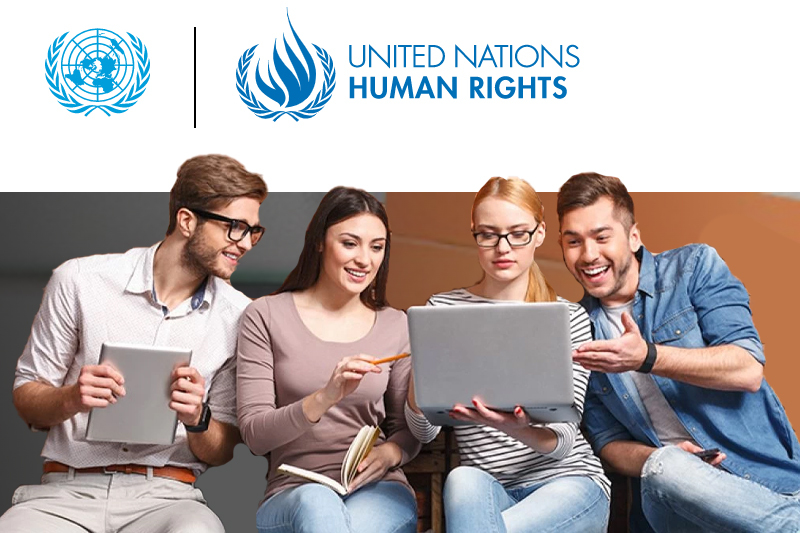
why human rights norms need to enter higher education and pedagogy
Last updated on December 2nd, 2022 at 07:07 am
Education should become a public good for unlearning bias, prejudice, and divisiveness. Higher education can transform human rights values!
There has been a worldwide call for reform in the higher education industry. It is crucial to recapture what higher education should ultimately stand for at a time when it is more deeply ingrained within concepts of private good and trade.
The International Covenant on Economic, Social, and Cultural Rights (ICESCR), which was ratified by the United Nations in 1966, is the most significant global document on education.
Higher education versus ICESCR?
Education today is more deeply rooted in concepts of the private good & trade, therefore it stands to reason that its guiding principles have diverged from the ICESCR’s human rights-based perspective.
Four guiding principles were established by a UNESCO report for the reform of education: interdependence and connectivity; collaboration and teamwork; cooperation, compassion, morality, and empathy; and assessment.
It advises us to expand from valuing variation and pluralism to supporting and maintaining them.
We should also embrace the complete richness of humanity’s cultural riches into education. The goal of education should be to eradicate prejudice, bias, and polarization.
Keep Reading
Social Contract For Higher Education
Contrary to popular belief, the right to education does not simply apply to primary, fundamental, and foundational education.
A rights culture in higher education is implicitly created by the ICESCR and related UN documents, such as General Comment No. 13: The Right to Education (Article 13 of the Covenant), 21st sess, UN Doc E/C.12/1999/10.
Rights, Culture & Higher Education
Article 13(2) of the ICESCR presents a compelling argument in favor of education as a means of “strengthening the respect for human rights and fundamental freedoms.”
The importance of peace should be taught in schools in order to advance the pursuit of peace on all fronts.
“Enable all persons to effectively engage in a free society, foster understanding, tolerance and goodwill among all nationalities,” is what the state is supposed to do.
Klaus Beiter and Peter Kotzmann make the case for a human rights-based strategy to higher education in their book, Reimagining Our Futures Together.
They contend that “quality of education & respect for human rights within education” should be prioritized.
Being aware of the “rights implications of higher education legislation and policy” is required for this.









